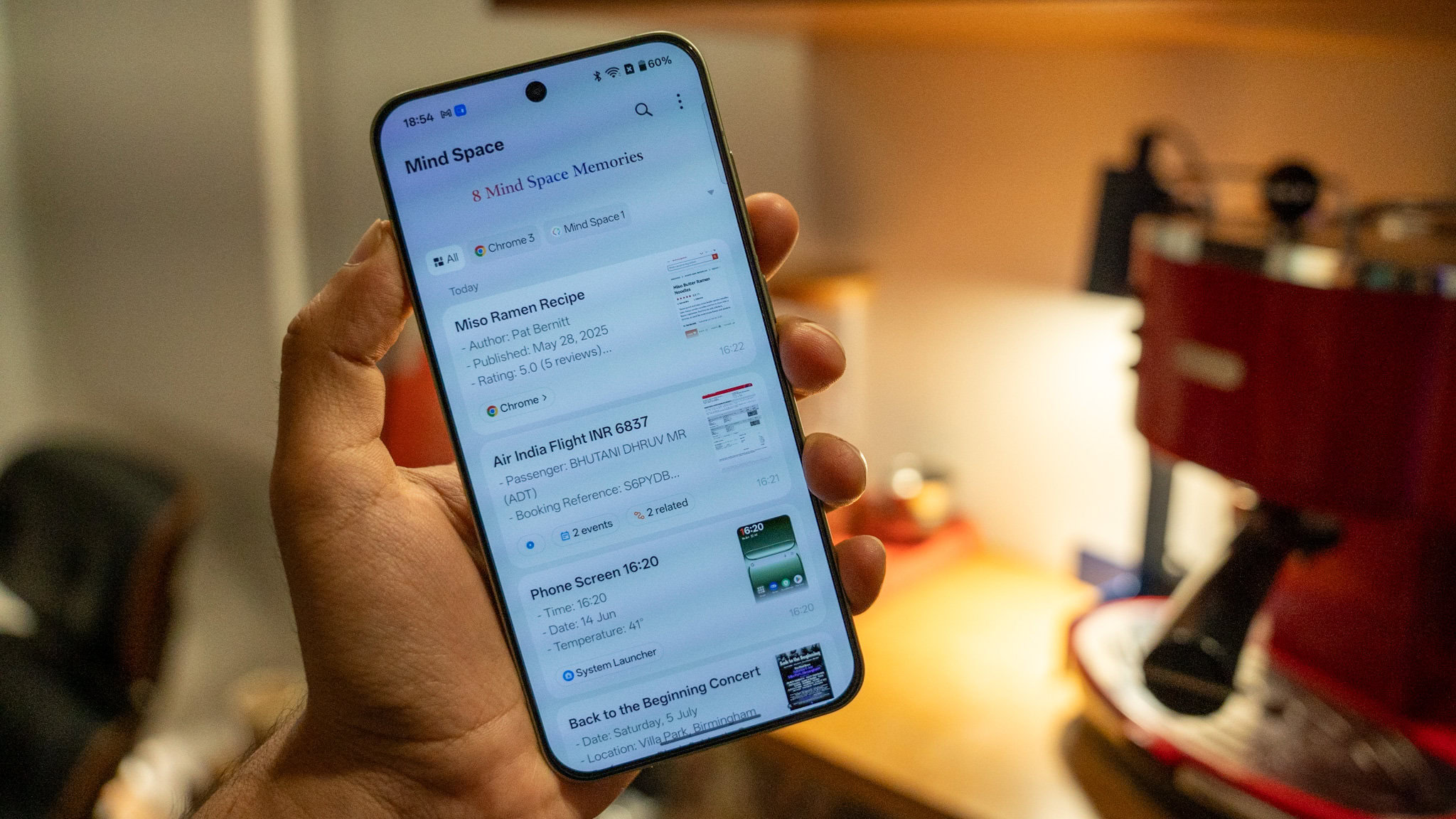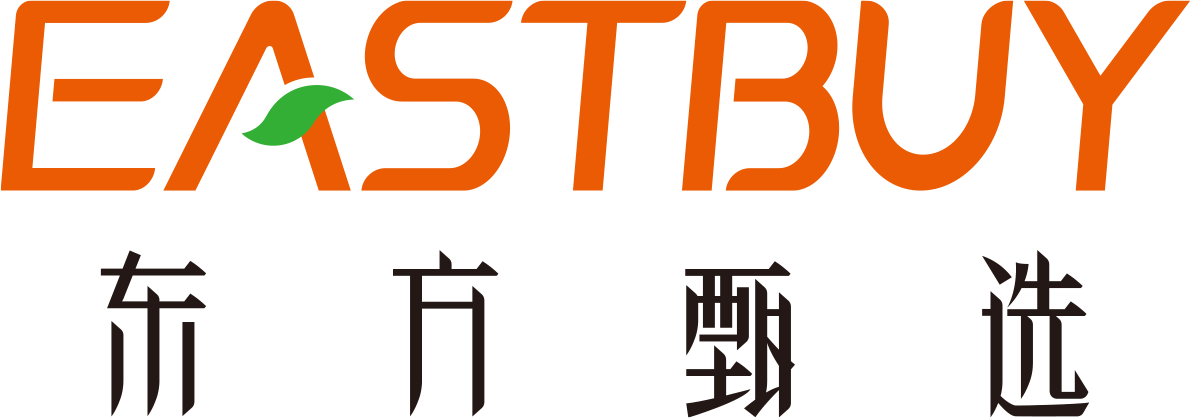A new Seattle nonprofit is aiming to provide a structured pathway for Black startup founders, offering support that includes networking, mentorship and guidance on raising venture capital funding.
SEA619 is designed as a three-stage journey starting with a grassroots business association, then an incubator, and finally an accelerator. Entrepreneurs apply and enter at whichever phase they’re ready to join.
SEA619, which combines references to Seattle and the Juneteenth holiday honoring the emancipation of enslaved people, has been accepting pre-applications to gauge interest and connect with potential participants. On Monday, SEA619 started its official application process and programming starts in October.
Arif Gürsel, a tech veteran and champion of innovators of African descent, is leading the group. He was inspired by engaging with founders and creators who had great ideas but lacked the resources or experience to develop them into a product or business. He was also juggling a stream of requests for professional advice, and seeing other mentors with the same challenge.
The effort aligns with Gürsel’s long-held values around helping his community.
“I was raised in Brooklyn where we were always taught, those of us who make it forward always have to go back and get those who didn’t,” he said, adding that a guiding principle for the effort is “We lift as we climb.”
Gürsel began his career with more than a decade at Microsoft and held leadership roles with Zillow, Salesforce, Netflix and Google. He founded a brand and design company called Vibeheavy and a creative consultancy named 8genC, and is a startup investor.
Working in tech, “every room that I was always in, I was always the only one that reflected my culture, my upbringing, my heritage,” he said, and Gürsel wants to change that.
‘Crash course in startup building’

Years ago, Gürsel advised companies participating in the now-defunct Seattle Techstars. But many of the Black founders weren’t ready for the accelerator, he said, and wound up giving away 6%-10% of the equity in their startup before they’d charted their business path.
SEA619 fills in the missing pieces for the startups with free support during the first year of engagement, then it takes a 1% equity stake and maxes out at a 2% cut. The nonprofit is self-funded and seeking grants.
“I love it,” Kirby Winfield, founder of Seattle venture capital firm Ascend, said of the effort. “A lot of entrepreneurs need a crash course in startup building BEFORE they join programs like Techstars, 500 Startups, [Y Combinator] and the like.”
Winfield added via email that he has met entrepreneurs “from every background” who would benefit from working with Gürsel and the SEA619 team.
“A lot of times, founders need help understanding the best way to finance and grow their business, and what the different paths, like VC, entail and require,” he said. “If a founder chooses the VC path, SEA619 is equipped to help them truly understand and prepare for the positioning, pitch and vision a venture investor expects.”
Winfield said he plans to offer office hours to SEA619 accelerator participants and to keep the organization “in the loop for broader ecosystem participation.”
The larger effort

SEA619 is part of a larger effort launched by Gürsel a decade ago called Pan African Center for Empowerment, or PACE. PACE also includes The Union, an innovation hub and event space located on 2nd Avenue south of the Seattle Art Museum; Tribe called TECH (technology, entrepreneurship, culture and heritage), which hosts mixers in Seattle and beyond; plus initiatives focused on engineering education and arts and media projects.
One piece of Gürsel’s strategy is meeting and partnering with venture capitalists in African countries such as Ghana, Nigeria, Kenya and South Africa who are interested in backing U.S. startups.
Seattle is home to another initiative supporting Black entrepreneurs called Venture Black, which launched last year. The program is led by Evan Poncelet, who is CEO of the Washington State Black Angel Network and previously worked as an engineer at Fluke and Cicso.
SEA619 kicks off at a time when the Trump administration has worked to squelch wide-ranging efforts supporting diversity and equity in education, healthcare and the corporate world. DEI opponents argue that the programs are illegal and a form of reverse discrimination that devalues individual merit.
Gürsel said that SEA619 is not discriminatory but aims to serve a specific audience.
“I’m not worried about an administration that’s based in hate when the work that we’re doing is based in love and lifting people up,” Gürsel said. “So they’ll do what they do, we’ll do what we do. One thing I’m not going to do is stop serving my community. There’s nothing that they can do to make me stop.”










